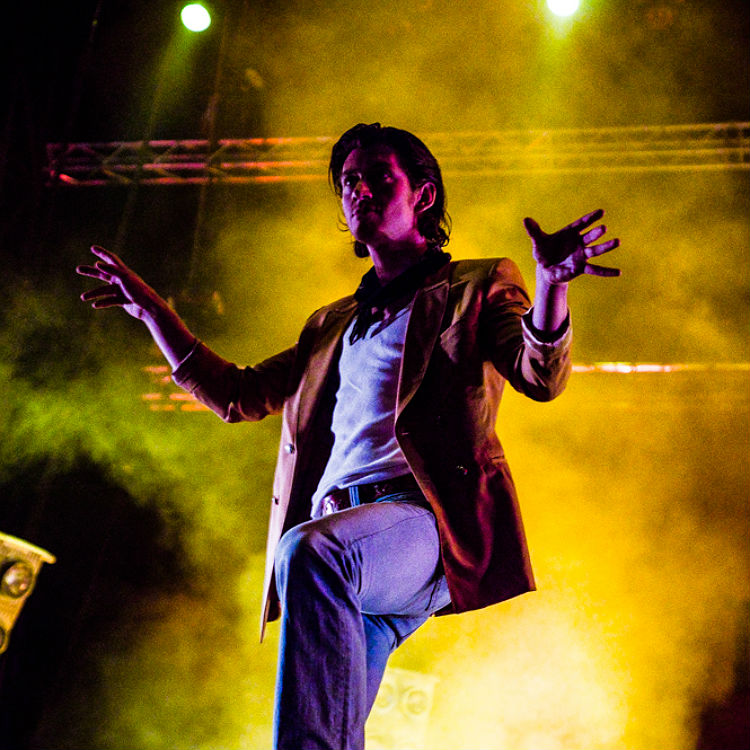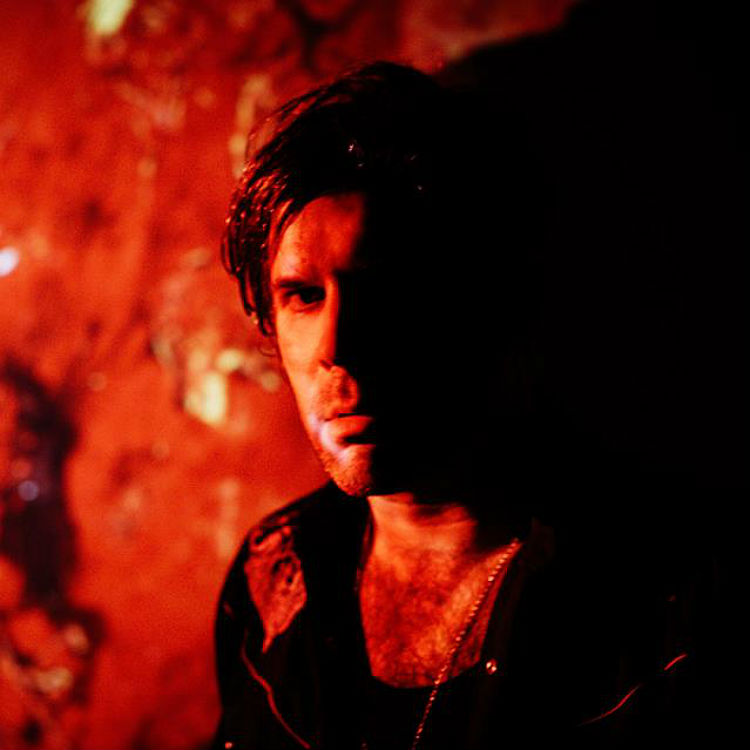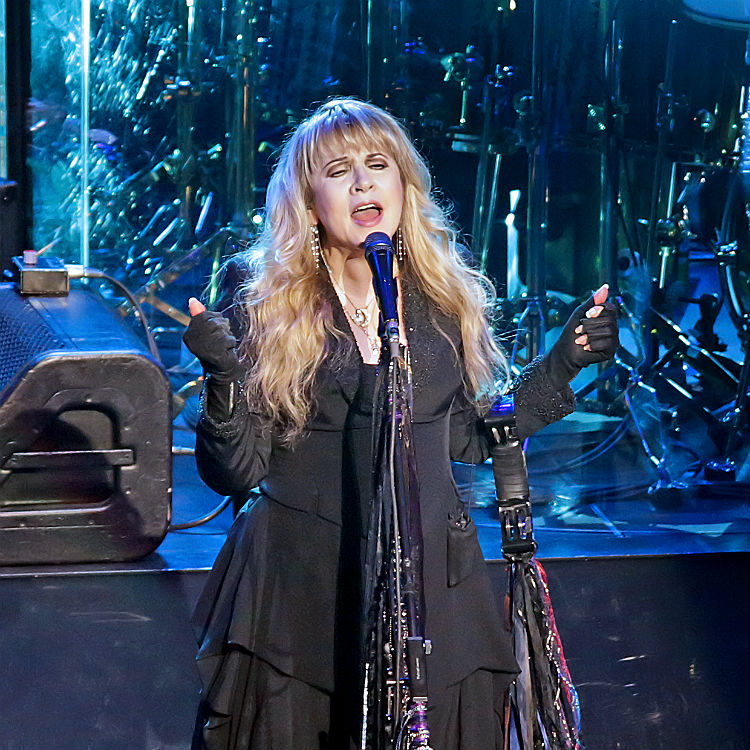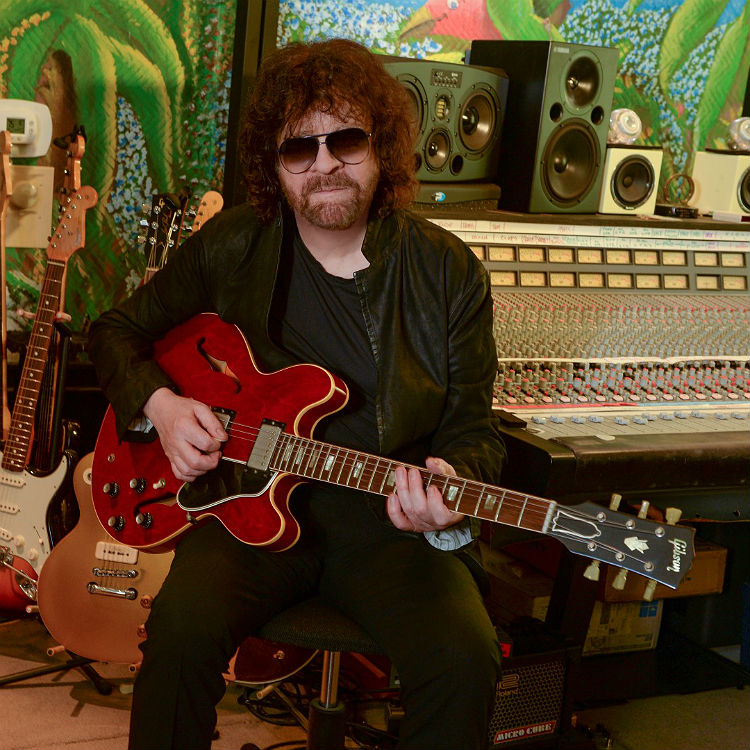So you’re skint, right? And everyone’s talking about how they’ve got no money, and the TV keeps telling us we’re all going to die of swine flu, and the fleeting sunshine has been replaced by those familiar black clouds. God love England.
Some things can be relied on though – Domino’s pizza is doing alright. Lager’s still on tap. And Madness are making a comeback ten years after their last album, with a record about London, no less. Crafted with an Oliver Twist narrative borne of history, mystery and spectacle, 'The Liberty Of Norton Folgate' explores London’s dirty little corners, sweeping out the oddities for inspection, and putting the city’s story to the tune of a full-scale orchestra. It’s as gleeful as ‘Our House’ was back in 1983 – remember that? No, me neither.
But if the hoards of fans screaming every word in the backstreets of Camden at this year’s Camden Crawl are anything to by, it doesn’t matter one bit whether you fell for Madness back in seventies, or you didn’t hear ‘It Must Be Love’ until its re-release in 1991. Madness are a band of the people, for the people, and they’re back to put a bit of cheer into our downtrodden, recession-filled lives, as Chas Smash recently told Gigwise…
It’s been a decade since you last wrote an album. Why the comeback?
We began in a recession, in a difficult time for the country. It was a wave, so there was something being expressed by The Specials, Madness, The Beat. Then we reformed, again in an economic recession, almost because people wanted us to. And now we’re back in a recession again, and this album is the third energy bubble. I like to think of Madness as a bright shining bit of joy.
Where did the idea for the album initially come from?
Because we’ve been together for so long, it’s difficult to say who said what, when, and we’re it begins. It came from an interest in London, it came from wanting to express that interest, it came from Patrick O’Brien mentioning the Liberties [Norton Folgate is pocket of land in London excluded from the normal legal system of the UK], it came from Sugs reading Peter Ackroyd, it came from me reading Ian Sinclair – it also came from that side of us that likes to be a bit theatrical, you know? There’s elements of Beckett in there, there’s elements of Oliver Twist – when we’re touring we listen to Snow White & The Seven Dwarves and Tommy Cooper, because we get a buzz off that, that’s what we do. I think Madness has got a joyous thing about it – we’re more post-war than we contemporary – we were born around the fifties and early sixties.
What about Madstock, why are you bringing that back?
Madstock is a brand – I want us to be building that live. I don’t really care much about records and recording, I like the live experience. It’s financially sensible because you get 85% instead of 20% on a record.
Speaking of financial incentives – is that why you’re making a comeback?
No, not at all, it’s not like that at all. In fact I get bored with this – you don’t ask an actor if they’re acting in a film because they need the money. I’m an artist, you know.
You feel like you have things to say?
Absolutely, I think it’s a credible album and I think it’s worthy of being released. Someone like James Brown goes on for thirty years playing the same set – but for us it’s not about the same set, it’s about delivering something that people expect and want.
So you feel the pressure to deliver something of a certain quality?
No, not at all. Selfishly, we write for us.
But there is an element of trying to cheer everyone up a bit?
Sure, we play old songs, and when we play new songs we slowly introduce them over time. We’ve got such an extensive back-catalogue that it’s really easy – we can choose between our original songs, a ska-set, and a whole Liberty Of Norton Folgate set – so we change the sets depending on the territory and who we’re playing to.
What about The Specials, are they going to be appearing at Madstock?
Hmm, how can I put this – not if I can help it. I believe that Jerry Dammers started The Specials, I believe he’s a genius, and I think it’s very sad that the band can’t reconcile their differences. [Dammers hasn’t played with The Specials since the 1980s] Music should be a unifying thing, you know, and it just doesn’t feel right to me, to be honest. I know that I’m not meant to be saying these things, and that it’s political but I can’t be arsed with all that – it’s not the real deal.
You don’t want them to play?
I don’t want to stop anyone from what they’re doing, it’s their choice, but do I want them to play? I would feel like I was betraying Jerry in some way, and I wouldn’t betray someone as a matter of principle.
So that’s a no?
That’s a definite, resounding fuck off! [uncomfortable pause] I didn’t mean you! It’s difficult, it’s difficult because they’re a fucking great band. But the fact is that they can’t play original songs due to this rift. I want to mediate and have a little chat with all of them, you know. One thing that Madness is good at is sticking together and being truly friendly. The trouble with The Specials is that they weren’t friends before they were a band, you know. But I love them all individually, seriously, they’re good people.
Do you stay in touch with what’s going on in music at the minute?
I’m listening to Lily Allen’s album, to Elbow’s latest album, I’m listening to The Cinematic Orchestra…
But do you care what’s going on, in terms of what you actually do?
I like to see what cuts the ground a bit, you know – if it’s been in print for fifty years then I’ll read it. I’ve run a record label before, but now, I feel like I don’t need to know what’s going on. I’ve stopped reading newspapers, I’ve stopped watching television, and I don’t want 57 megahertz in my mind, I want 8 megahertz and a fireplace. My truthfulness to my voice is all that matters.
Is this the start of a new chapter for Madness?
I totally see it that way, I see this as the third cherry bomb – boom!
.jpg)




















